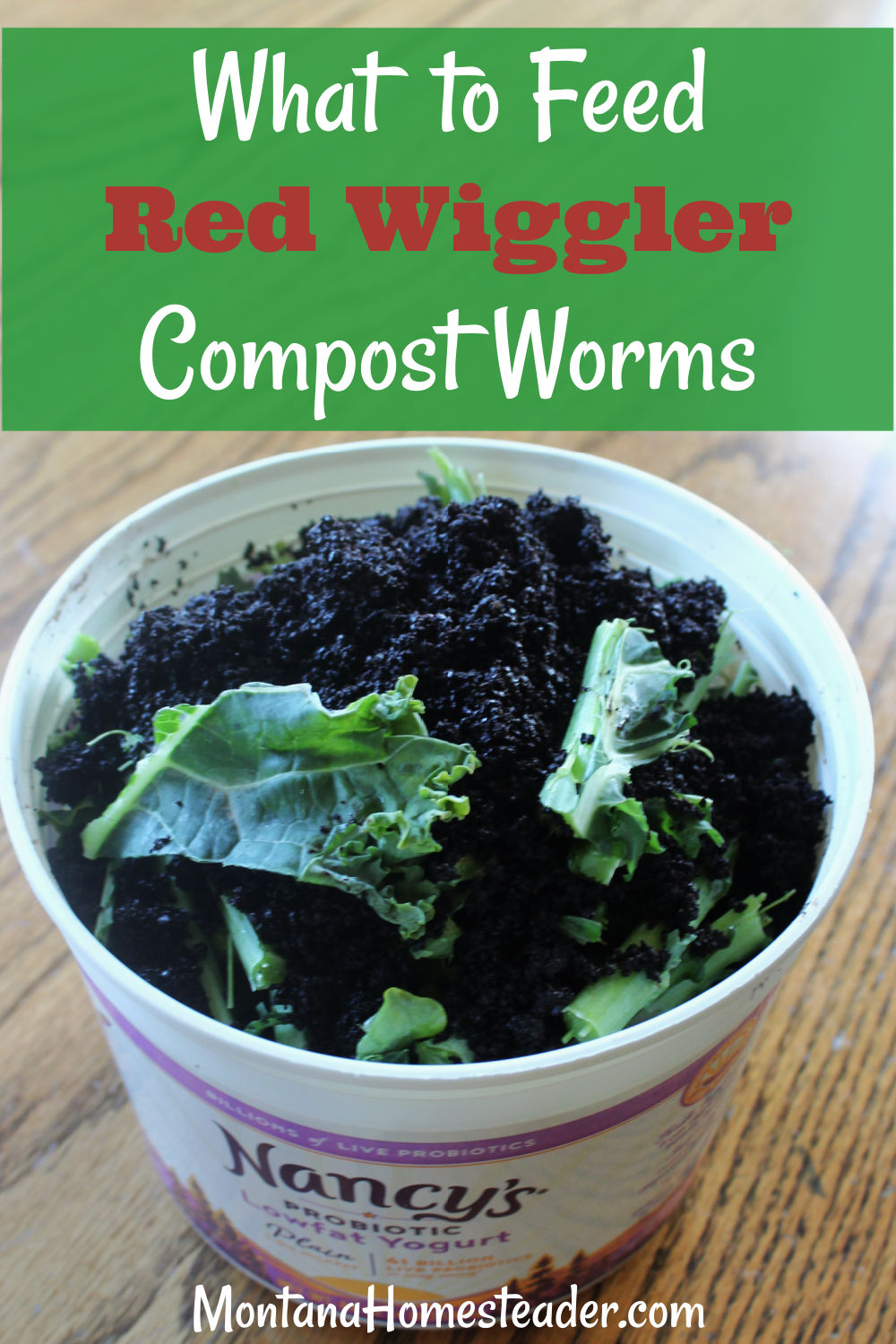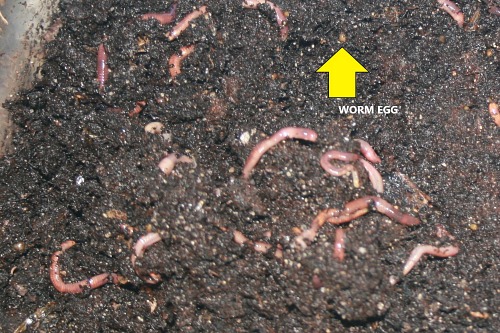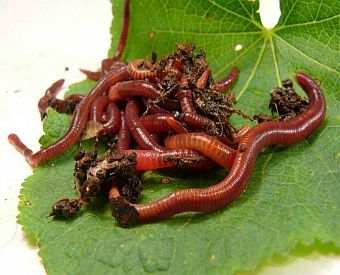Red Wiggler Worms - Natural Solution for Environment-friendly Composting
Red Wiggler Worms - Natural Solution for Environment-friendly Composting
Blog Article
Red Wiggler Worms Demystified: Unlocking the Keys of Vermiculture for Greener Living and Nutrient-Rich Soil
In the world of lasting practices for enhancing dirt top quality and promoting eco-conscious living, red wiggler worms play a crucial yet typically neglected role. These simple creatures have the exceptional capacity to change natural waste right into nutrient-rich castings that act as a potent natural plant food. By delving right into the globe of vermiculture, one can discover a wide variety of benefits that expand much beyond typical composting approaches. Comprehending the complexities of looking after these worms, maximizing their setting, and harnessing their castings can cause a greener way of life and much healthier soil for plants to grow.
The Duty of Red Wiggler Worms
Red Wiggler worms play a vital role in composting systems by effectively breaking down natural issue right into nutrient-rich castings. These starved eaters eat a selection of natural products, such as kitchen area scraps, backyard waste, and paper items. As they feed, the worms' digestion processes damage down the organic issue right into a penalty, dark, and nutrient-dense material called worm spreadings or vermicompost.
The castings produced by Red Wiggler worms are extremely advantageous for soil wellness and plant development. They are abundant in vital nutrients like potassium, nitrogen, and phosphorus, which are crucial for supporting healthy and balanced plant advancement. Additionally, worm castings include valuable germs and enzymes that help enhance dirt structure, boost water retention, and enhance nutrient uptake by plants.
Benefits of Vermicomposting

It boosts soil structure, improves soil oygenation, and increases soil dampness retention. Vermicompost additionally improves the dirt with necessary nutrients like nitrogen, potassium, and phosphorus, promoting plant development and overall dirt fertility.
Furthermore, vermicomposting supports sustainable gardening methods by providing a natural and chemical-free choice to artificial fertilizers. Red Wiggler Worms. This eco friendly technique not only improves the dirt but also assists lower reliance on harmful chemicals, promoting a greener and extra sustainable means of gardening
Setting Up a Worm Bin
When developing a worm bin for vermicomposting, proper arrangement is critical to ensure the success of the composting procedure. The first action in setting up a worm bin is selecting a suitable container.
After including the bed linen, introduce the red wiggler worms to the container. The worms should after that be offered with food scraps such as fruit and vegetable peels, coffee premises, and eggshells.
Consistently monitor the wetness degrees and temperature level in the worm bin to make sure optimum conditions for the worms. With appropriate setup and upkeep, the worm container will effectively transform natural waste into nutrient-rich compost for your plants useful content and garden.
Gathering Worm Spreadings
To efficiently accumulate nutrient-rich worm spreadings from your vermicomposting system, a methodical harvesting approach is vital. When it comes time link to gather the worm castings, there are a couple of key actions to comply with to guarantee a successful procedure.

Troubleshooting Common Issues
Recognizing and dealing with common challenges that may emerge throughout the vermicomposting process is critical for preserving a healthy and balanced and productive worm container. Adding excess food scraps can lead to a buildup of moisture and acidity in the worm container, potentially damaging the worms. An additional problem is unpleasant odors originating from the worm container.
In addition, if the check worm population is decreasing or the worms appear harmful, it might be as a result of ecological stressors such as extreme temperature levels or pH degrees. Keeping an eye on these variables and making needed changes is vital for the well-being of the worms. By troubleshooting these typical issues without delay, vermicomposters can guarantee a effective and smooth vermicomposting process while preserving a growing worm population.

Verdict
In final thought, red wiggler worms play an important function in vermiculture by breaking down natural matter into nutrient-rich dirt. Establishing up a worm container is vital for effective vermiculture, and gathering worm castings supplies valuable garden compost for gardening.
As they feed, the worms' digestion processes damage down the natural matter into a fine, dark, and nutrient-dense product understood as worm castings or vermicompost.
The castings generated by Red Wiggler worms are highly beneficial for dirt health and plant development. Adding excess food scraps can lead to a build-up of wetness and level of acidity in the worm container, potentially hurting the worms.Furthermore, if the worm populace is declining or the worms appear harmful, it can be due to ecological stressors such as severe temperatures or pH levels. Setting up a worm bin is crucial for effective vermiculture, and collecting worm spreadings gives useful compost for horticulture.
Report this page